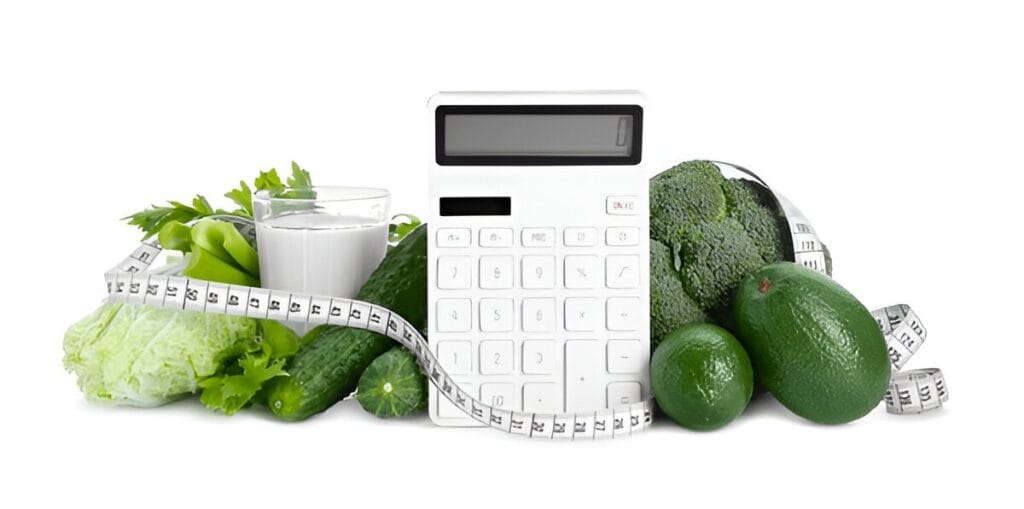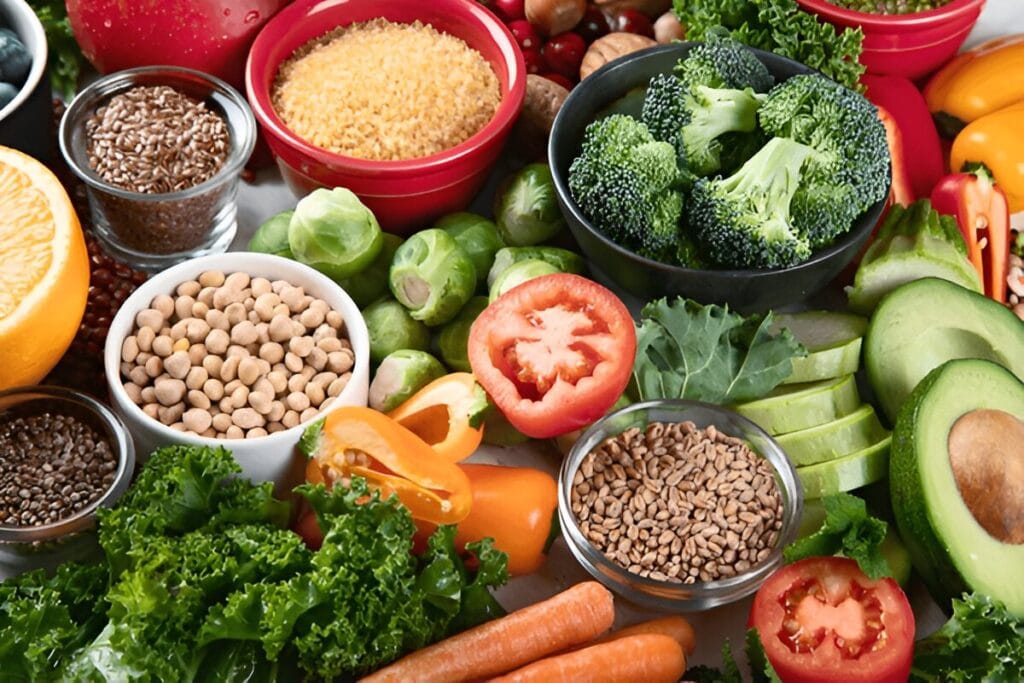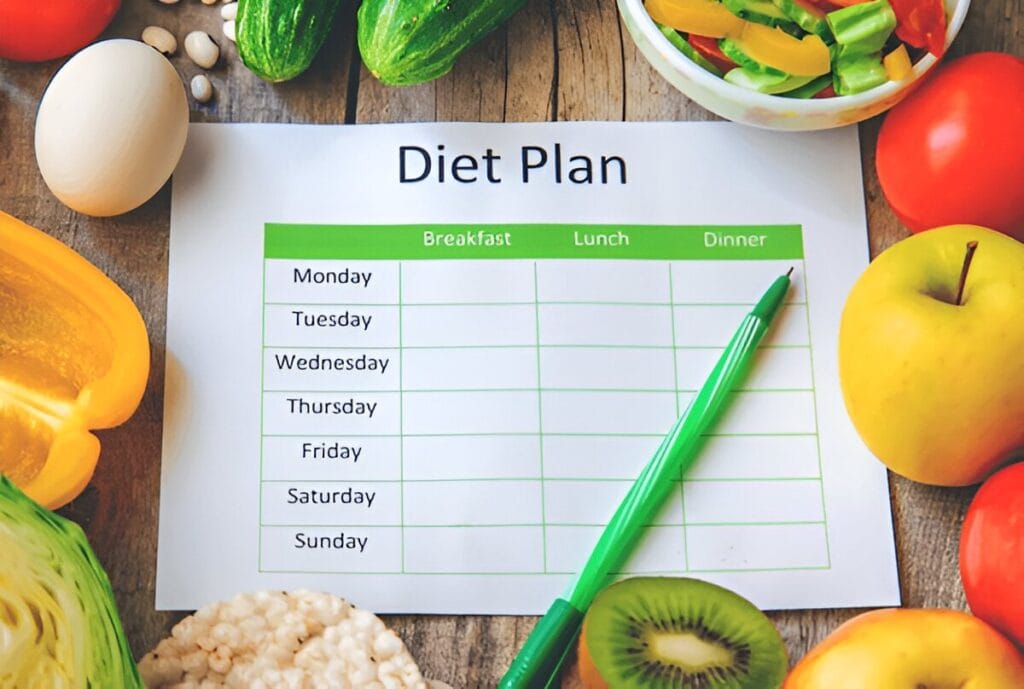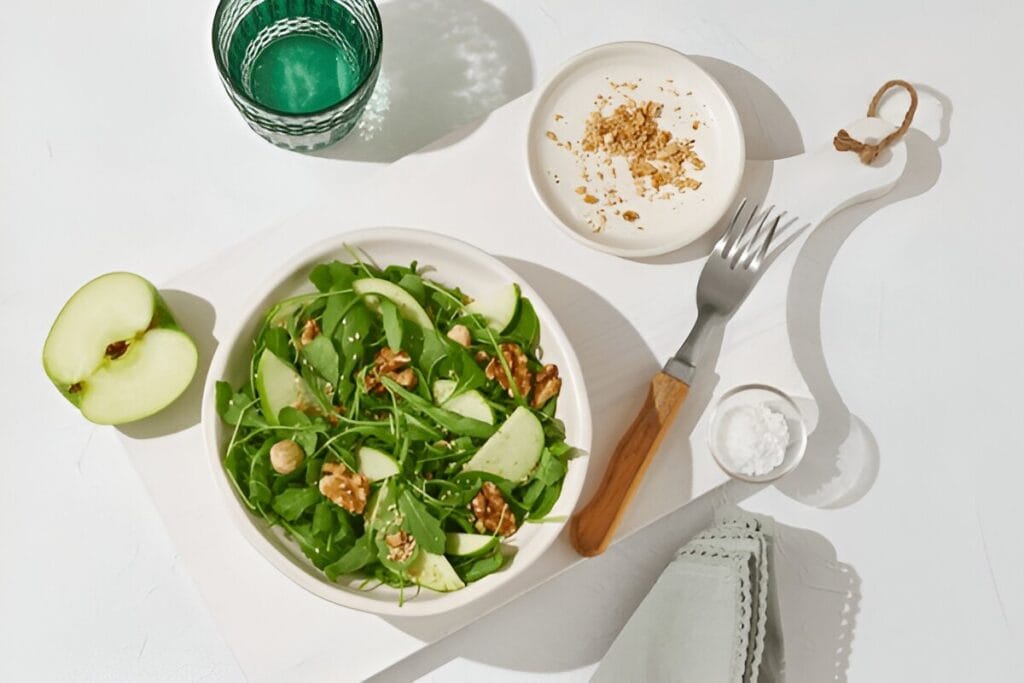Maintaining a healthy lifestyle doesn’t have to be complicated, especially if you’re committed to a vegetarian diet. Whether you’re aiming to lose weight, manage your daily caloric intake, or simply feel energized, a 1500-calorie vegetarian meal plan is a fantastic way to achieve a balanced, nutritious diet. In this article, we’ll explore how you can create a delicious and simple meal plan to help you thrive while sticking to your 1500-calorie goal. So, if you’re a vegetarian looking for an easy-to-follow guide, you’re in the right place!

Why Follow a 1500-Calorie Vegetarian Meal Plan?
A 1500-calorie meal plan is ideal for those who want to lose weight gradually or maintain their current weight, depending on their activity level. For vegetarians, this meal plan ensures that you get all the essential nutrients while keeping your calorie intake in check. The key is to focus on nutrient-dense, plant-based foods that provide a balance of protein, healthy fats, and carbohydrates to fuel your body throughout the day.
By choosing a 1500-calorie plan, you’re opting for a structured approach to healthy eating that emphasizes portion control, making it easier to manage your daily intake and reach your goals. Plus, it’s packed with fiber and plant-based proteins, which can keep you fuller for longer.
The Benefits of a Vegetarian Diet

Before diving into the meal plan, let’s look at why a vegetarian diet can be a great choice for your health. Vegetarian diets are naturally rich in fruits, vegetables, whole grains, and legumes, which are loaded with vitamins, minerals, and antioxidants. Here are some key benefits:
- Heart health: A plant-based diet is known to lower cholesterol levels, reduce blood pressure, and decrease the risk of heart disease.
- Weight management: Vegetarians tend to consume fewer calories and less fat, which can contribute to healthy weight management.
- Improved digestion: The high fiber content in a vegetarian diet promotes better digestion and helps prevent constipation.
- Reduced risk of chronic diseases: Studies have shown that a vegetarian diet can lower the risk of conditions like diabetes, certain cancers, and obesity.
With these benefits in mind, let’s dive into a meal plan that ensures you’re getting enough calories and nutrients every day.
Key Nutrients to Focus On in a Vegetarian Diet

A vegetarian diet can be extremely healthy, but it’s important to pay attention to certain nutrients that can be harder to come by without animal products. Here are some key nutrients to ensure you’re incorporating into your meal plan:
- Protein: Essential for muscle repair and growth, protein should be a cornerstone of your meal plan. Include plant-based sources like tofu, tempeh, legumes, lentils, and quinoa.
- Iron: Vegetarians can get iron from dark leafy greens, beans, lentils, and fortified cereals. Pairing iron-rich foods with vitamin C-rich foods (like citrus fruits or bell peppers) can enhance absorption.
- Calcium: Include calcium-fortified plant milks, leafy greens, and tofu in your diet to meet your calcium needs.
- Vitamin B12: Since this nutrient is primarily found in animal products, vegetarians should opt for fortified foods or consider taking a supplement.
- Omega-3 Fatty Acids: These are important for brain health. Include sources like chia seeds, flaxseeds, and walnuts.
How to Structure Your 1500-Calorie Vegetarian Meal Plan

To build a sustainable 1500-calorie meal plan, you need to structure your meals and snacks in a way that spreads your intake evenly throughout the day. This keeps your energy levels stable and ensures you’re consuming nutrient-rich foods.
Breakfast (300-350 calories)
Start your day with a hearty breakfast that provides a balance of protein, healthy fats, and complex carbs. Here’s an example:
- Greek yogurt bowl: Use plain low-fat Greek yogurt (or plant-based alternative), top with fresh berries, chia seeds, and a drizzle of honey. Pair with a small serving of whole-grain granola.
- Smoothie: Blend spinach, banana, almond butter, and plant-based milk for a nutrient-dense smoothie packed with protein and fiber.
Morning Snack (100-150 calories)
A mid-morning snack can keep your energy up and prevent overeating at lunch. Keep it simple and nutritious:
- Carrot sticks with hummus: A classic combo that provides fiber and plant-based protein.
- Apple slices with almond butter: This snack offers a good mix of carbohydrates and healthy fats.
Lunch (350-400 calories)
For lunch, opt for something light but filling. Here’s a great option for a vegetarian meal that packs a punch of flavor and nutrition:
- Quinoa salad with roasted vegetables: Combine cooked quinoa, roasted veggies (such as bell peppers, zucchini, and sweet potato), and a handful of spinach. Top with a light lemon-tahini dressing.
- Lentil and vegetable soup: A hearty soup filled with lentils, carrots, celery, and tomatoes, served with a small side of whole-grain bread.
Afternoon Snack (100-150 calories)
Your afternoon snack should be something that keeps you going without spiking your blood sugar. Here’s an option:
- Mixed nuts and seeds: A small handful of almonds, walnuts, and sunflower seeds provides healthy fats and protein.
- Cucumber slices with guacamole: Crisp cucumbers paired with creamy guacamole offer a refreshing and satisfying snack.
Dinner (400-450 calories)
Dinner should be well-rounded and satisfying but not too heavy. Here’s a vegetarian dinner idea:
- Stir-fried tofu with brown rice: Stir-fry tofu with mixed vegetables like broccoli, carrots, and bell peppers, and serve over a small portion of brown rice. Season with low-sodium soy sauce and a sprinkle of sesame seeds.
- Chickpea curry with quinoa: Simmer chickpeas in a flavorful tomato-based curry sauce and serve with quinoa for a filling, protein-rich meal.
Evening Snack (100-150 calories)
End your day with a light snack that won’t weigh you down but still satisfies your cravings:
- Dark chocolate and mixed berries: A few pieces of dark chocolate paired with fresh berries for a sweet yet healthy treat.
- Air-popped popcorn: A bowl of air-popped popcorn seasoned with nutritional yeast for a cheesy flavor without the calories.

Tips for Success on a 1500-Calorie Vegetarian Meal Plan
- Plan ahead: Meal prepping and planning your meals in advance can save you time and ensure you stick to your calorie goals.
- Hydrate: Drinking enough water is key to staying energized and helping your body function properly. Aim for at least 8 glasses a day.
- Portion control: Be mindful of portion sizes, especially when it comes to snacks. Pre-portioning your snacks can help prevent overeating.
- Stay active: Pair your 1500-calorie meal plan with regular physical activity to support your health goals. Even light exercise like walking or yoga can make a difference.
How to Adjust Your Meal Plan for Different Needs

If you find that you’re still hungry or need more energy, it’s okay to adjust the portions slightly or add an extra snack. On the other hand, if you’re trying to lose weight and feel too full, you can reduce portion sizes a bit. The important thing is to listen to your body and adjust as needed while still aiming to meet your nutrient needs.
You can also swap meals and snacks based on personal preferences. If you’re more active, you may need slightly more calories, while less active individuals might find that 1500 calories works perfectly.
Conclusion: A Vegetarian 1500-Calorie Meal Plan for a Healthier You
Following a 1500-calorie vegetarian meal plan can be a simple and effective way to maintain or achieve a healthy lifestyle. By focusing on nutrient-dense, plant-based foods, you’ll not only meet your calorie goals but also ensure you’re getting the vitamins, minerals, and proteins your body needs to thrive. Remember, balance is key, and with a little planning and preparation, you can enjoy delicious, satisfying meals while staying on track with your health goals.
With this plan, you’ll feel energized, nourished, and well on your way to a healthier version of yourself!
https://www.eatingwell.com/article/287714/7-day-diet-meal-plan-to-lose-weight-1500-calories

